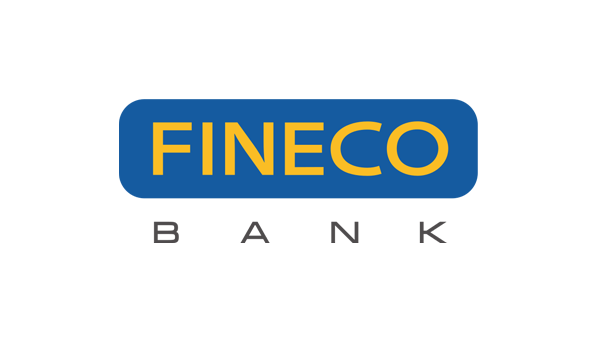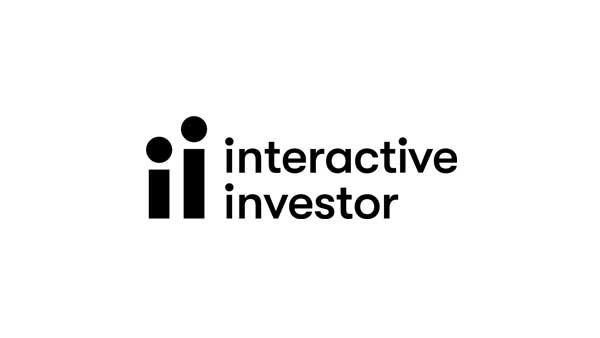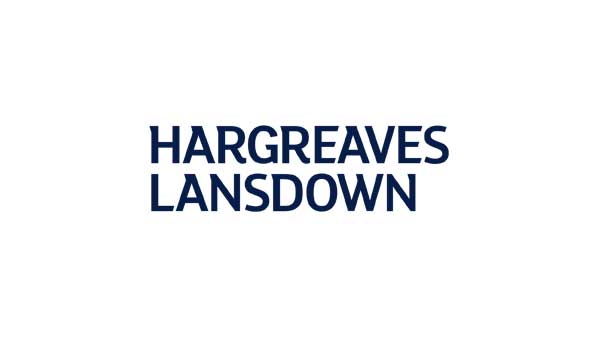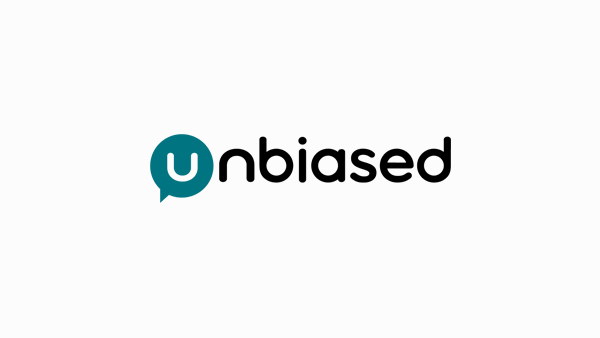
Whether you are an experienced investor, or a complete beginner, there are a wealth of options out there when it comes to investment platforms you can use to do your investing. Finance has been transformed by the fintech (financial technology) revolution, and regulatory changes such as open banking have also opened up the landscape, and there are dozens of investment platforms.
Traditional Financial Advisors:
What are they?
Not so long ago, the traditional financial advisor and investment companies were your only choice if you wanted to start trading assets. These providers come in all shapes are sizes, but generally you will be discuss your requirements with them, then they will design an investment plan for you.
Pros:
- Great if you want to meet in person or talk directly with your investment manager.
Cons:
- In-person financial advisors can be more expensive than automated or self-trading platforms.
- If it is a smaller company or sole financial advisor, your investment will be subject to their skill and knowledge as an investor.
Notable Providers:
There are thousands of financial advisors out there, from single sole traders giving investment advice, to huge multi-national companies holding billions in customer assets. If you want to go down this route, then it is often a good idea to look within your local area. A quick Google will find both the smaller local companies, as well as the regional branches of the larger companies. This can be useful as investment can be complicated, so if it is possible to see someone locally in-person, that can help you start to understand things more, and also allow you to get a level of familiarity and trust with the investment provider.
Who are these platforms good for?
If you wish to have an investment advisor who you can discuss directly your investment choices with, then a financial advisor can be a good choice. Costs can be higher, so they will generally suit those with a little more to invest.
Robo-advisors:
What are they?
A robo-advisor is in fact very similar to a traditional financial advisor, except they use technology to replace the human element. Robo-advisors are a ‘discretionary’ platform, which means that they make the investment decisions for you (again similar to a traditional financial advisor). They take data from the customer, such as investment type preferred (usually ethical or normal), their appetite for risk, and investment goals. They then use their algorithms to design an investment plan.
Pros:
- Their use of technology can make them considerably cheaper than a traditional financial advisor.
- As they make the investment decisions, you don’t have to have a huge amount of knowledge about investing.
Cons:
- As these platforms use technology to lower costs, you will generally not be able to speak to a human contact about investments.
- You cannot usually do your own trading on these platforms.
Notable Providers:
Who are these platforms good for?
Robo-advisors are a form of passive investing i.e. you don’t really have to do much! So if you just want to sit back and let your money (hopefully) grow, then they can be good for you.
Automated Investment Apps:
What are they?
In recent years, a new regulation named open banking has transformed the financial lives of many. Essentially open banking means that financial institutions have to recognize that an individual’s financial transaction history is their own property, and the holders of this transaction history i.e. banks, credit card companies etc, have to give customers access to this data. In practice this means that banks etc have to, upon the request of the customer, give licensed third party companies access to this data. This has inspired hundreds of innovative technology companies to come up with creative ways to use this. For example, budgeting apps can now connect to all of the customers bank accounts, credit cards and even store cards all in one place, so the customer can create a full budget all in one place.
For investment and savings, open banking has made it possible for automatic investing & saving apps to operate. The way that these work is that they will connect to your bank account via open banking. They can then analyse your spending, and calculate an amount you can easily afford to save or invest each month. They will then automatically move this amount each month into their platforms, and have a variety of investment and savings plans for your money.
Pros:
- As it is automatic, you potentially would not notice the amount leaving your bank, so you can save/invest without even noticing.
Cons:
- If you are only investing a small amount each month as calculated by the app, it may take a long time to accumulate a large amount of investment.
Notable Providers:
Who are these platforms good for?
Automated investing platforms can be good for those who find it hard to put money away to invest, as they calculate the amount you can afford and take it automatically.
‘Free’ Investment Apps:
What are they?
Several investment apps have appeared in the UK and across the world in recent years that allow you to set up accounts and trade assets for free. They also often allow the purchase of fractional shares i.e. you don’t need to buy a full share all at once. They can be very good for beginners as the cost and ease of use is a low barrier to entry. However, nothing is free in this world, and some of these apps will try to get their users trading in riskier assets, such as CFDs, as they make more money on them.
Pros:
- Due to their free or low cost trading, they can be a great way for a beginner to try out investing.
- They are easy to set up and use, so you can get going quickly.
Cons:
- As these platforms don’t make much money from the trades, they may try to upsell users to riskier forms of trading where they make more money.
- These platforms have less education and guidance than other platforms.
- Users have to make the investment decisions alone, so mistakes can be made.
Notable Providers:
Who are these platforms good for?
Definitely good for beginners who want to try out investing. However, this can be a double-edged sword, as they don’t give much guidance so investors with little knowledge can be at risk of making poor investment choices.
‘Execution Only’ Investment Platforms:
What are they?
An ‘execution only’ platform differs from a financial advisor or a robo-advisor in that they do not offer financial advice i.e. tell you what assets to buy. Rather, they offer a platform where you can set up investment ‘wrappers’ such as SIPPs, ISA, etc (or just general investment accounts), and then allow you to buy and sell assets. Generally they will charge a fee for each trade plus a percentage of the total amount you have invested in their platform.
Pros:
- Even though they do not offer financial advice, these platforms often offer a large amount of education and guidance on investing.
- The platforms generally have a very wide range of assets available to trade.
Cons:
- Often the fees on these platforms get lower the more you have invested, so may be expensive for smaller investors.
- Whilst they do have guidance, ultimately the decisions on trades are down to you, so it helps to have some knowledge.
Notable Providers:
Who are these platforms good for?
Whilst these platforms often have good education, they will generally be better for those with more experience of investing.
Summary:
It has never been a better time to start investing, as there is a wealth of options out there that give many different investment experiences. Take some time to read the Wiseabout.money investment platform reviews, which give a deeper into each one, so you can see which would be a good fit for you.
Articles on the wiseabout.money website may contain affiliate links. If you click these links, we may receive compensation. This has no impact on our editorial and any money earned helps us to continue to provide the useful information on our site.









